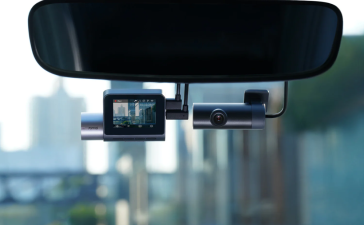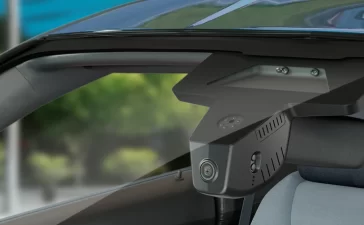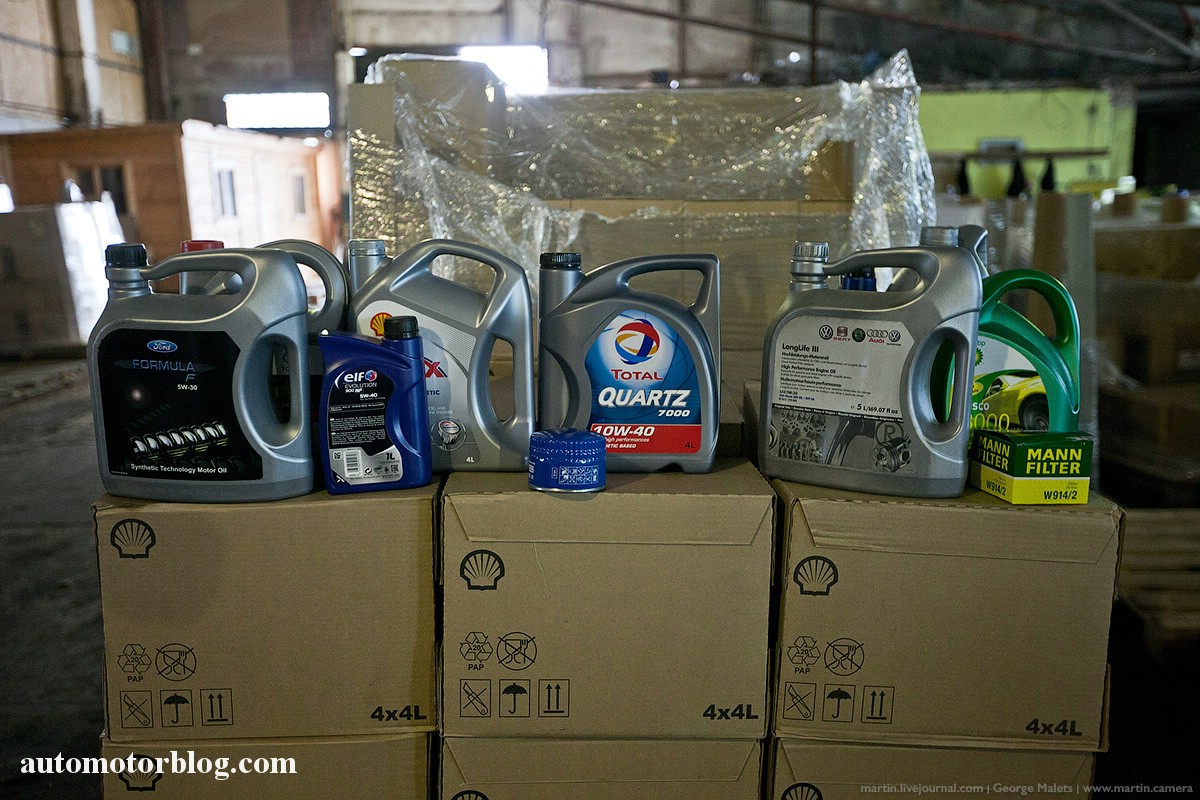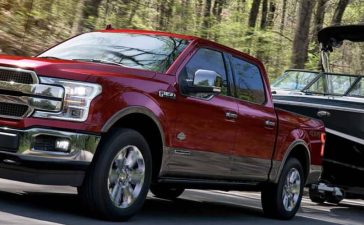Over the last 15-20 years, we have all had to become more aware of our environmental impact. Thanks to improvements in science and better general awareness and understanding of the issues, we can look at any decision we make and think about how it can impact our carbon footprint.
Businesses have the same ability, and for many, they have embraced the challenge of reducing their environmental impact and enjoying the benefits that come from this. The way different business go about this varies, but some areas transcend industries. Commercial vehicles are one such area.
Many industries use commercial vehicles, be this company cars or trucks and lorries that make up a fleet used as part of a supply chain. Some people may think that merely moving commercial vehicles over to electric and making use of developing platooning technology is the way to reduce their environmental impact. However, there is a far more straightforward and faster way to reduce the environmental impact of a commercial vehicle, which can help businesses of all sizes immediately.
Vehicle tracking has taken significant steps forward over the last ten years and has become a vital tool that businesses worldwide rely on. So, how can vehicle tracking help improve a commercial vehicle’s environmental impact?
Driver coaching
The development of in-cab driver coaching systems has allowed businesses to significantly reduce the amount of fuel their commercial vehicles are using, thanks to drivers being alerted to actions that increase fuel usage. By using audio and visual alerts, commercial drivers can self-correct their own driving behaviour.
Some of the causes of alerts include engine idling, speeding and harsh acceleration, all of which are known to increase the amount of fuel used by a commercial vehicle. A study found that, along with reducing dangerous actions when out on the road, by proving drivers with this direct and immediate feedback, the amount of fuel they used was reduced thanks to fewer instances of the aforementioned issues.
Route planning
Another critical element for any business which operates a commercial fleet of vehicles is route planning. Business vehicle tracking allows fleet managers, who are responsible for all commercial vehicles operated by a business, to see the routes their vehicles are taking and their exact location at any time.
Choosing the theoretically shortest route is sometimes not the most fuel efferent option, and by analysing route data, fleet managers can identify routes that are the quickest. As any driver knows, sitting in traffic is frustrating, but it can also be wasteful for fuel due to engine idling. Routes that allow commercial vehicles to arrive at their destination as soon as possible, despite being longer, can reduce the impact a commercial vehicle can have on the environment.
Maintenance needs
When operating a commercial vehicle, businesses must continuously monitor their condition. There are many reasons for this, most importantly, it ensures that the vehicle is safe, which protects employees and other road users. Also, by ensuring the vehicle is operating at its best as often as possible, the vehicle will run more efferently.
Vehicle tracking systems can track when a service is needed along with the lifespan of a particular part. Keeping vehicles serviced regularly and carrying out simple maintenance such as properly inflating a vehicle’s tyres has shown to improve fuel efficiency. Previously, tracking these needs would have relied on paperwork and been time-consuming, but now it can all be done through computer systems and far more efficient.
The environmental impact of commercial vehicles should be an area that is taken seriously by all businesses that operate them. As highlighted above, businesses and their clients can benefit from the steps taken to improve their commercial vehicles’ environmental impact. In the years to come, this is likely to be an area that continues to progress, with new ways to make businesses and their vehicles more fuel-efficient and improve the overall impact we all have on the environment.












